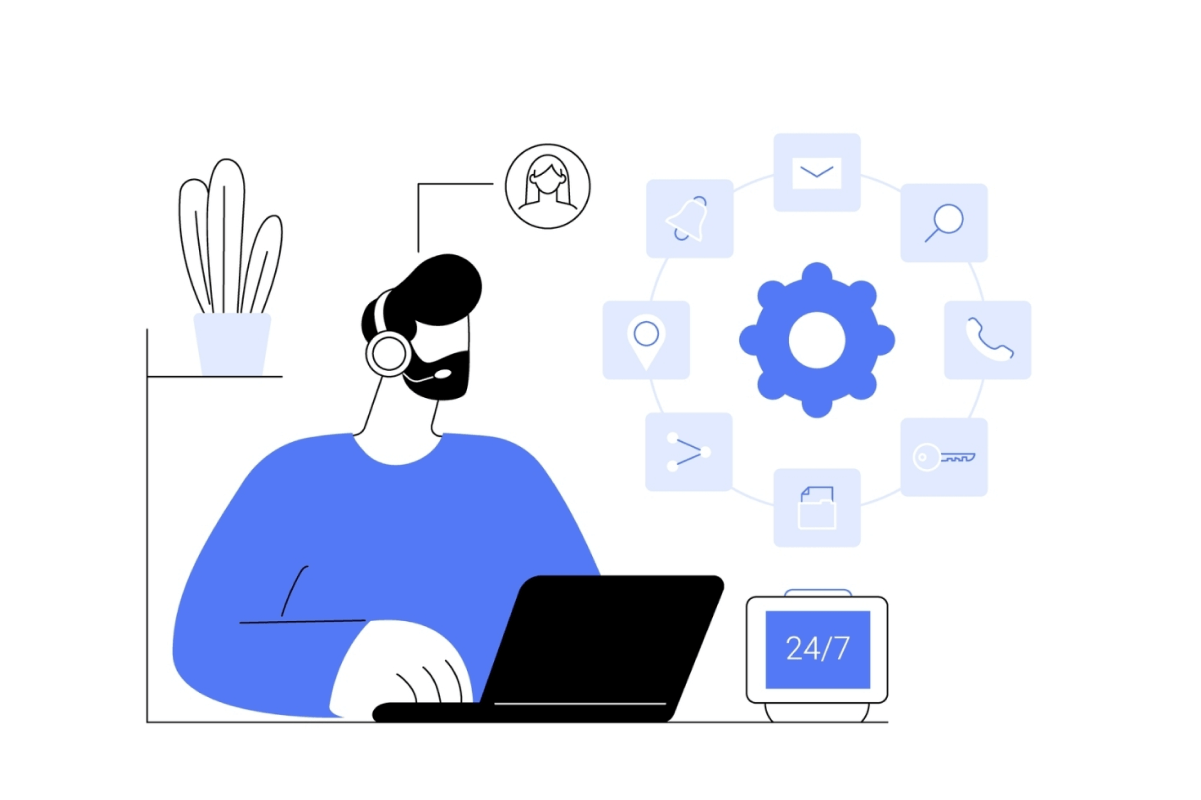Legal professionals and compliance teams routinely work with contracts, regulations, court filings, and other critical materials in a wide variety of languages. Timely and precise translation of these documents is not just a matter of convenience — it can be the difference between a successful business deal, a favorable court ruling, or costly penalties for non-compliance.
Traditional human translation has significant limitations in this context. It is slow and expensive. This is where machine translation (MT) emerges as a game-changing solution. MT leverages the power of artificial intelligence and natural language processing to provide fast, cost-effective translation that can keep up with the rapid pace of international business and regulatory environments.

Exploring On-Premise Machine Translation
Traditional machine translation solutions have typically been cloud-based, with users accessing the service through the internet and having their documents translated on remote servers. While cloud-based MT has its advantages in terms of accessibility and scalability, it also presents significant drawbacks for organizations dealing with sensitive legal and compliance materials.
On-premise machine translation, on the other hand, involves installing and hosting the MT system directly within the organization's own infrastructure. This approach offers several key advantages compared to cloud-based machine translation:
- improved data privacy and security (full control and ownership of their sensitive data);
- customization (on-premise MT systems can be customized and fine-tuned to an organization's specific terminology, tone, and linguistic preferences);
- better performance (faster processing speeds, better responsiveness, and the ability to scale translation capacity as needed);
- reduced costs (the long-term operational costs can be lower compared to recurrent cloud-based subscription fees).
The choice between on-premise and cloud-based machine translation ultimately depends on an organization's specific needs, translation volumes, data sensitivity, and regulatory environment. Organizations, especially in the legal industry, seeking greater control, customization, and compliance should consider the benefits of on-premise MT solutions.
The Importance of Accurate Translation in Legal and Compliance
Accurate translation is not just a nice-to-have in the legal and compliance domains — it is an absolute necessity. Inaccurate or poorly translated documents can have severe consequences.
Legal Risks and Disputes
Mistranslations in contracts, court filings, or other legal documents can lead to misunderstandings, contractual disputes, and even costly litigation. Even a seemingly minor translation error can have significant legal implications.
Regulatory Penalties and Fines
In heavily regulated industries like finance, healthcare, and government, non-compliance with relevant laws and regulations can result in hefty fines, sanctions, and other penalties. Accurate translation of compliance-related materials, such as policies, procedures, and reporting documents, is crucial to avoid such penalties.
Reputational Damage
Poorly translated legal or compliance-related communications, whether internal or external, can damage an organization's reputation and credibility, undermining trust with clients, partners, and regulatory authorities.
Missed Business Opportunities
The inability to accurately translate complex legal and compliance documents can hinder an organization's ability to pursue global business opportunities, negotiate cross-border deals, and maintain positive relationships with international partners and customers.
To mitigate these risks, legal and compliance teams require machine translation solutions that can deliver not just speed and cost-effectiveness, but also accuracy and linguistic precision. This is where on-premise MT platforms like Lingvanex come in, offering a suite of features and capabilities tailored specifically to the demands of the legal and compliance landscape.
Key Benefits of Lingvanex On-Premise Machine Translation Software for Legal and Compliance
Lingvanex is a leading provider of on-premise machine translation solutions designed to meet the unique needs of organizations in highly regulated industries, such as legal and compliance.
- Robust Data Security and Privacy. Lingvanex on-premise MT keeps all sensitive data securely within the organization's own IT infrastructure, ensuring compliance with data protection regulations. Moreover, on-premise systems can operate without an internet connection, which is beneficial for legal teams that may need to work in secure environments or locations with unreliable internet access.
- Multilingual Support. Lingvanex supports over 100 languages, empowering organizations to navigate complex, multilingual regulatory environments and ensure accurate translation of critical legal and compliance documents.
- Accuracy and Linguistic Precision. At the core of Lingvanex's on-premise MT platform are advanced natural language processing (NLP) and machine learning algorithms that have been extensively trained on a vast corpora of data, including legal and compliance-related content. The Lingvanex team offers a free trial period so you can personally assess the quality and ensure it aligns with your needs before making a commitment.
- Customized Translation. If you have a list of special names, terminology or jargon that you would like to see translated in a particular way, Lingvanex can retrain language models to give you the desired results.
- Seamless Integration. The Lingvanex software seamlessly integrates with an organization's existing content management systems, workflow tools, and other business applications. Lingvanex team will assist you throughout the entire deployment process.
- Reduced Operating Costs. By deploying Lingvanex on-premise, organizations can benefit from lower long-term operating costs compared to cloud-based subscription models, especially for high-volume translation needs.
- Comprehensive Reporting and Analytics. Lingvanex provides detailed reporting and analytics on translation quality, productivity, and cost savings, enabling organizations to make data-driven decisions and optimize their translation strategies.
These insights enable organizations to continuously optimize their translation workflows, identify areas for improvement, and demonstrate the tangible value that on-premise machine translation brings to their legal and compliance operations.
Conclusion
As the global business landscape continues to grow more complex and interconnected, the need for fast, accurate, and secure translation of legal and compliance-related materials has never been more pressing. Traditional human translation simply cannot keep up with the pace and volume of content that modern legal and compliance teams must manage.
On-premise machine translation solutions like Lingvanex offer a compelling solution to this challenge, delivering accuracy of translations, customization, security, and workflow optimization.




